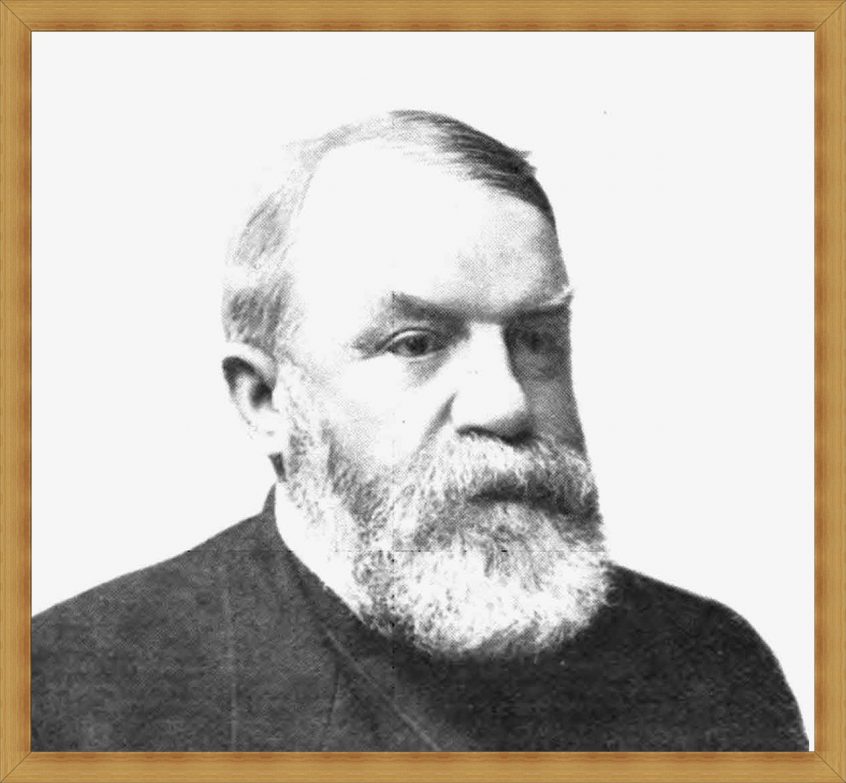Though we could debate and argue (longer than necessary) over semantics regarding how a believer experiences the Holy Spirit’s power, one thing all Christians will (and should) agree on: our need for the Holy Spirit’s power and control. As believers individually, we know God indwells us by his Holy Spirit, and thus, as believers corporately, we know God is among us through his Holy Spirit. And so the indicative truth that we have his supernatural power leads us to an imperative action to see him at work via that very power. God’s power visibly evident through the Holy Spirit is both a realization and a pursuit, both a current awareness and a deep longing.
Some textual observations, personal opinions, and helpful tips surrounding this deep and wide, and often “I-see-it-differently” subject, are available in my message “God Among Us” (from 1 Cor. 12-14). But perhaps this one snippet from The Life of D. L. Moody, written by his son, would remind us all that, even in the middle of our varied views, to “be being filled with the Spirit” (Ephesians 5:18) should be our constant desire, prayer, and aim.
The year 1871 was a critical one in Mr. Moody’s career. He realized more and more how little he was fired by personal acquirements for his work. An intense hunger and thirst for spiritual power were aroused in him by two women who used to attend the meetings and sit on the front seat. He could see by the expression on their faces that they were praying. At the close of services they would say to him: “We have been praying for you.”
“Why don’t you pray for the people?” Mr. Moody would ask.
“Because you need the power of the Spirit,” they would say.
“I need the power! Why,” said Mr. Moody, in relating the incident years after, “I thought I had power. I had the largest congregations in Chicago, and there were many conversions. I was in a sense satisfied. But right along those two godly women kept praying for me, and their earnest talk about anointing for special service set me to thinking. I asked them to come and talk with me, and they poured out their hearts in prayer that I might receive the filling of the Holy Spirit. There came a great hunger into my soul. I did not know what it was. I began to cry out as I never did before. I really felt that I did not want to live if I could not have this power for service.”
The book then tells of the great Chicago fire, of D. L. Moody’s relief work, the building of the north side tabernacle, and of his visiting in the East to secure funds for his work. Then the narrative continues:
“My heart was not in the work of begging,” he said. “I could not appeal. I was crying all the time that God would fill me with His Spirit. Well, one day, in the city of New York—oh, what a day!—I cannot describe it, I seldom refer to it; it is almost too sacred an experience to name. Paul had an experience of which he never spoke for fourteen years. I can only say that God revealed Himself to me, and I had such an experience of His love that I had to ask Him to stay His hand. I went to preaching again. The sermons were not different; I did not present any new truths, and yet hundreds were converted. I would not now be placed back where I was before that blessed experience if you should give me all the world — it would be as the small dust of the balance.” (pages 146, 147, and 149)
